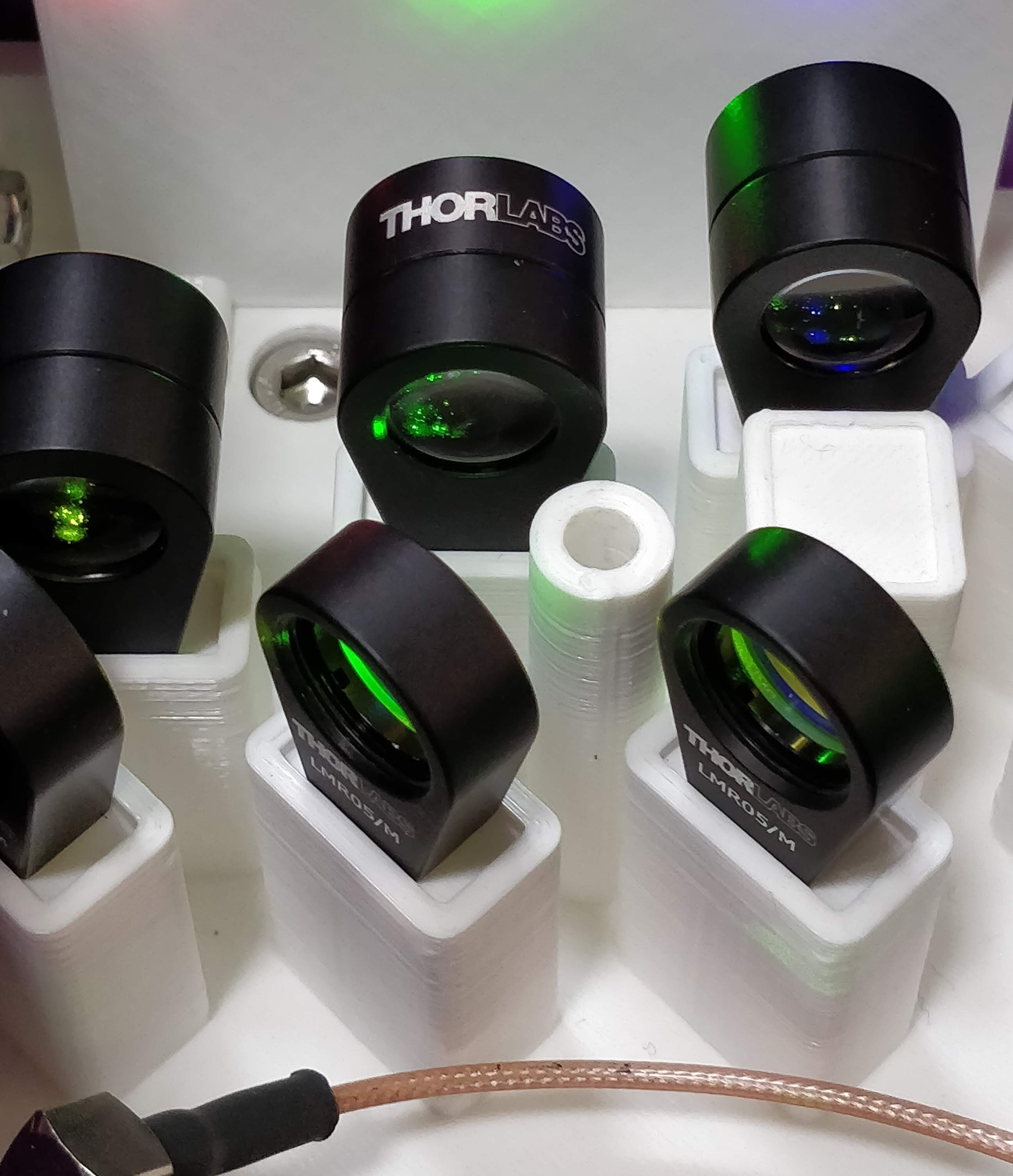Ultra-Low Noise Sensing
Ultra-precise light measurements using quantum effects
Quantum technologies offer the greatest possible sensitivity of any device, providing us with more precise methods across a wide range of applications.
QuantIC researchers at the University of Bristol have developed method of ensuring ultra-precise measurements for light sources, making the development of new, highly tuned optical systems achievable. Using quantum nonlinear effects (four-wave mixing) the team has designed an optical fibre capable emitting perfectly matching beams of visible light.
This approach suppresses any classical approach, which are ‘shot-noise limited’, and provides the ultimate level of accuracy allowed by quantum mechanics.

Benefits
- The system is simple to use and highly stable.
- Provides unique wavelengths and intensities compared to other systems.
Applications
- Enhanced biomedical imaging.
- Precision sensing of light-sensitive samples.
- High specification optical system certification.

Healthcare & Life Sciences
Meet our investigator
Jonathan C. F. Matthews is Professor of Quantum Photonics and Co-Director of Quantum Engineering Technology Labs at the University of Bristol. Jonathan’s research focuses on integrated quantum photonics, quantum metrology, quantum walks and quantum information processing. He was awarded the 2021 Philip Leverhulme prize for physics. He and his team hold the current record for the fastest quantum noise limited homodyne detector.

